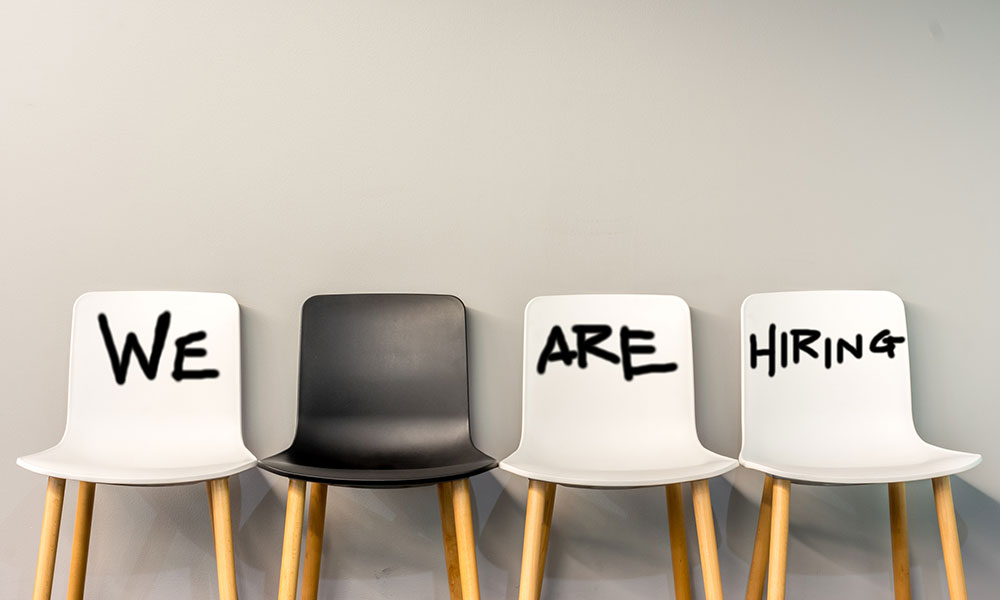
Glassdoor Study: Regulations, Internal Issues Can Delay Hiring Process
The social network that lets employees review their employers found that in many countries and industries, the hiring process took three weeks or more, with longer delays in some plances than others. Delays were pronounced in the public sector—particularly in and around DC.
Hiring the right person for the job isn’t easy, and a lot of organizations—including those in the nonprofit sector, and especially ones located in Washington, DC—are taking their sweet time to get it right.
According to the employer-review platform Glassdoor, it can take nearly a month in many cases for company to go from first interview to pulling the trigger and hiring someone.
While the United States has a lower hiring period compared with many parts of the world—23.8 days on average, compared with 39.6 in Brazil and 38.9 in France—the numbers shift based on geographic area and sector. For example, DC has the slowest hiring process of any city in the U.S., at 33.2 days, due in part to the especially long processes for government jobs, which take 53.8 days on average.
(In case you’re wondering, the U.S. nonprofit sector has the fifth-longest hiring period, at 25.2 days, a rate that is tied with the media and publishing industry and just above the travel and tourism industry’s 25.1 days.)
So what drives the extra-long lengths? According to Glassdoor, regulatory factors play a big role.
“While many factors are at play, a key driver is differences in labor market regulations and institutions,” the company stated in its report. “Put simply, the more difficult it is to hire and fire employees—and the more institutional and regulatory hurdles faced by hiring companies—the longer interview processes will generally be.”
Overall, Brazil had the least-flexible job standards, making its hiring process take longer than nearly anywhere else. But interestingly, the country with the most-flexible hiring and firing rules, Switzerland, had the third-longest interview processes, at 37.6 days.
Regulations likely play a factor in the hiring times for government jobs in the U.S., for example. But it’s not necessarily the only factor. The report found that in some cases, delays were often in the hands of the employer—for example, a key person on vacation or a short-staffed department. Glassdoor said this reflected around 15 percent of hiring delays.
In a news release, Glassdoor Chief Economist Dr. Andrew Chamberlain noted that these kinds of delays can hurt productivity.
“Glassdoor’s study found that the more regulatory hurdles companies face within their local labor markets, the more difficult it will be to hire—and fire—employees, directly impacting how long it takes to fill open roles,” Chamberlain explained. “The longer it takes to hire, the greater the productivity loss for employers. And the longer money is left on the table waiting for potential candidates.”
The analysis is based on almost 84,000 interview reviews by Glassdoor members, taking place over the first six months of 2017.
(iStock/Thinkstock)






Comments